Are you interested in a career that combines creativity, analytics, and strategic thinking? A career in Google Ads might be just what you're looking for! Google Ads is a powerful platform that businesses use to reach their target audiences and drive results. In this guide, we'll explore how you can build a successful career in Google Ads, covering key concepts like remarketing, Google Tag Manager (GTM), tracking codes, cost optimization, lead quality, and more.
Understanding Google Ads Basics
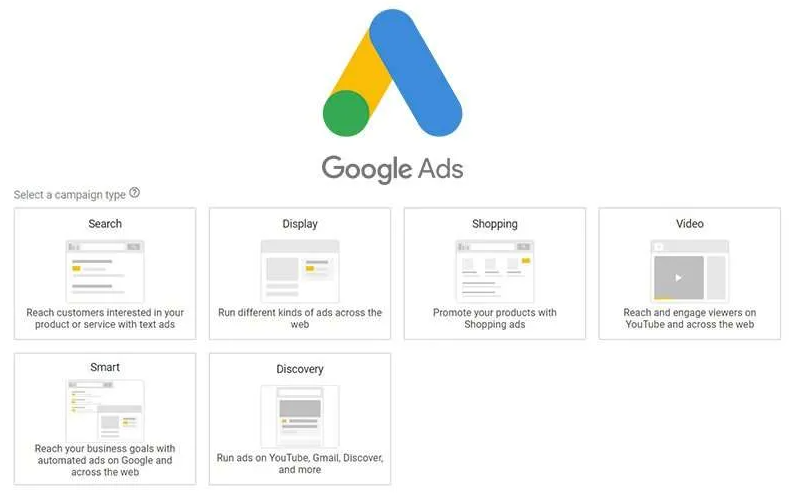
Before diving into advanced strategies, it's crucial to understand the basics of Google Ads. Google Ads allows businesses to create ads that appear on Google's search results pages and other Google properties. These ads can target specific keywords, demographics, locations, and devices, making them highly targeted and effective.
Mastering Remarketing Strategies
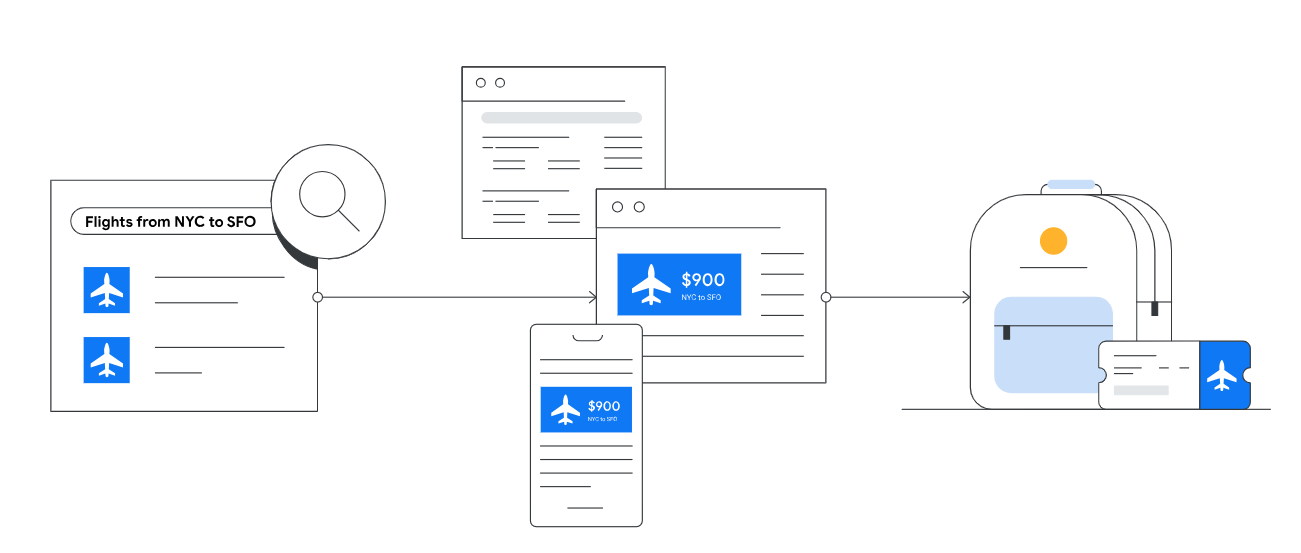
One of the most powerful features of Google Ads is remarketing. Remarketing allows you to show ads to users who have previously visited your website or interacted with your ads. This strategy keeps your brand top-of-mind and encourages users to return and complete desired actions, such as making a purchase or filling out a form. By crafting compelling ad creatives and targeting specific audience segments, you can maximize the effectiveness of your remarketing campaigns.
Leveraging Google Tag Manager (GTM)
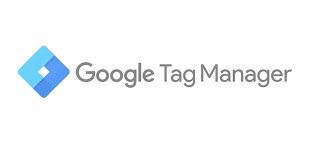
Google Tag Manager (GTM) is a free tool that simplifies the process of managing website tags, including tracking codes for Google Ads and other analytics platforms. With GTM, you can easily add and update tracking codes without editing your website's code directly. This flexibility enables faster implementation of tracking codes, accurate data collection, and streamlined campaign optimization.
Implementing Tracking Codes Effectively

Tracking codes are essential for measuring the performance of your Google Ads campaigns. By placing tracking codes on your website's pages, you can track valuable actions such as conversions, sign-ups, purchases, and more. Google Ads provides conversion tracking tools that allow you to attribute conversions to specific ads, keywords, and campaigns, helping you understand which strategies are driving results.
Optimizing Costs for Maximum ROI

Cost optimization is a critical aspect of managing Google Ads campaigns. Setting and managing budgets effectively, monitoring cost per click (CPC), and optimizing bids based on performance data are key strategies for maximizing return on investment (ROI). By focusing on high-performing keywords, ad placements, and audience segments, you can allocate budgets wisely and achieve better results within your budget constraints.
Prioritizing Lead Quality Over Quantity
While generating leads is important, focusing on lead quality is equally crucial. Ensure that your Google Ads campaigns target relevant keywords and audience segments that align with your business objectives. Use ad extensions, compelling ad copy, and relevant landing pages to attract qualified leads who are more likely to convert into customers. Continuously analyze lead quality metrics such as conversion rates, lead-to-customer ratios, and customer lifetime value (CLV) to refine your targeting and messaging strategies.
Continuous Learning and Adaptation
The digital advertising landscape is constantly evolving, with new features, trends, and technologies emerging regularly. Successful Google Ads professionals stay updated with industry news, attend training sessions, and obtain relevant certifications such as Google Ads certifications. By continuously learning and adapting strategies based on data insights and industry best practices, you can stay ahead of the curve and drive ongoing success in your Google Ads career.
Collaborating Across Teams

Effective communication and collaboration are essential for success in Google Ads roles. Work closely with marketing teams, designers, developers, and stakeholders to align campaign strategies with overall business goals. Share insights, performance reports, and actionable recommendations regularly to ensure everyone is aligned and working towards common objectives.
Embracing Creativity and Testing
Creativity plays a significant role in creating compelling ad campaigns that capture audience attention. Experiment with different ad formats, visuals, messaging styles, and calls-to-action (CTAs) to discover what resonates best with your target audience. A/B testing ad variations allows you to identify winning strategies and continuously improve campaign performance over time.
Building Analytical Skills
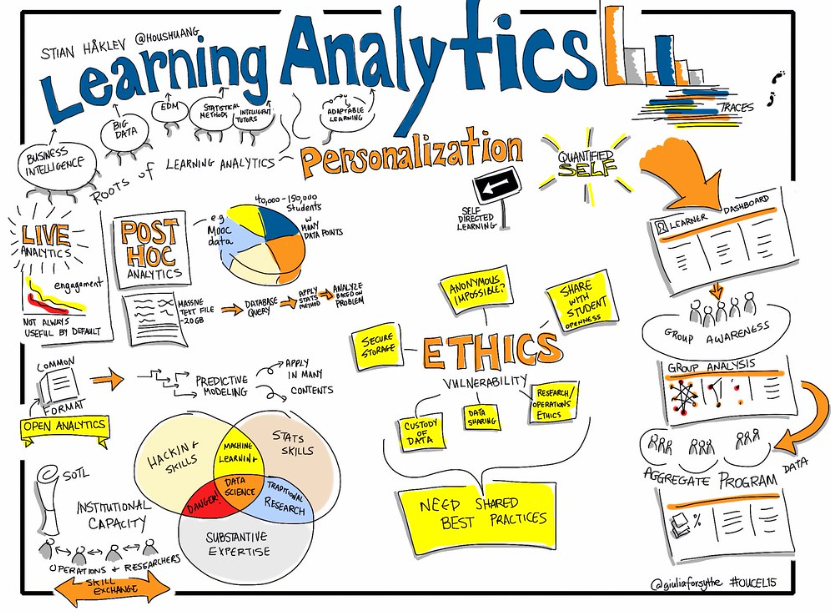
Strong analytical skills are fundamental for success in Google Ads careers. Dive deep into campaign data, analyze performance metrics such as click-through rates (CTR), conversion rates, cost per acquisition (CPA), and return on ad spend (ROAS). Identify trends, patterns, and areas for improvement, and use data-driven insights to optimize campaigns, allocate budgets effectively, and drive meaningful results for your clients or company.
Conclusion
Building a successful career in Google Ads requires a combination of technical expertise, creativity, analytical skills, and strategic thinking. By mastering remarketing strategies, leveraging tools like Google Tag Manager, implementing tracking codes effectively, optimizing costs, prioritizing lead quality, and embracing continuous learning and collaboration, you can excel in Google Ads roles and drive significant value for businesses. Stay curious, stay updated, and keep experimenting to unlock new opportunities and achieve long-term success in the dynamic world of digital advertising!
 How to Turn Your Photos into Ghibli-Style Art with ChatGPT for Free
How to Turn Your Photos into Ghibli-Style Art with ChatGPT for Free Top 10 AI Tools for Plagiarism-Free Content Writing: Boost Your SEO & Digital Marketing Efforts
Top 10 AI Tools for Plagiarism-Free Content Writing: Boost Your SEO & Digital Marketing Efforts The Rise of Graphic Designing in 2025: A Career Guide.
The Rise of Graphic Designing in 2025: A Career Guide. The Rise of Video Editing: A Crucial Skill in 2025
The Rise of Video Editing: A Crucial Skill in 2025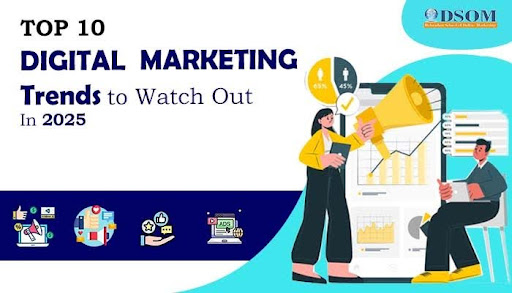 Top 10 Digital Marketing trends in 2025
Top 10 Digital Marketing trends in 2025 Common Mistakes in Digital Marketing and How to Avoid Them 2025
Common Mistakes in Digital Marketing and How to Avoid Them 2025 The Future of Digital Advertising: What You Need to Know
The Future of Digital Advertising: What You Need to Know Social Media Marketing in 2024: Strategies for Maximum Engagement
Social Media Marketing in 2024: Strategies for Maximum Engagement Building a Successful Digital Marketing Funnel: A Step-by-Step Guide
Building a Successful Digital Marketing Funnel: A Step-by-Step Guide 5 ways to make money from home using AI (Artificial-Intelligence) in 2024
5 ways to make money from home using AI (Artificial-Intelligence) in 2024